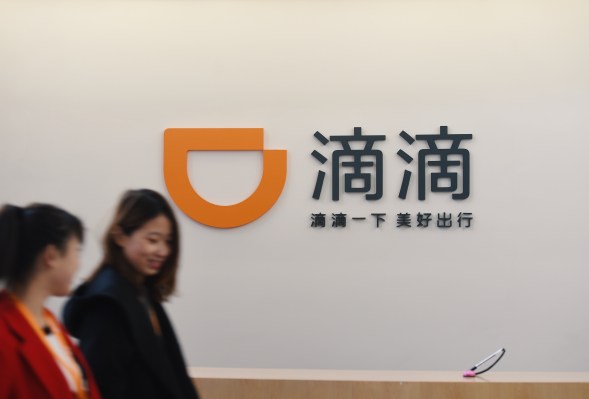There’s trouble in China for ride-sharing services after authorities in Beijing and Shanghai agreed to institute new regulations that could significantly reduce the driver pool for services like Didi Chuxing and Uber.
According to rules proposed in October that have now been adopted by both cities’ regulators, taxi on-demand services can only use drivers who are registered to live in either city. The regulations aren’t effective immediately, but they could deal a major blow to Didi and Uber because right now it is estimated that a significant percentage of their fleet of cars are not registered in either city. The exact numbers are not known but the The New York Times reported that, for example, less than 10,000 of Didi’s 410,000 active drivers in Shanghai have permanent residency papers.
The system is known as ‘hukou’ and it was instituted to prevent floods of people coming to big cities from rural areas. Despite that, many people who live in Beijing and Shanghai do so without papers. Since many of those unofficial citizens constitute the workforce behind on-demand services and taxi apps, the regulations could create a worrying situation for Didi and others.
Didi, which is in the process of completing the acquisition of Uber China, didn’t directly comment on the local rule when we asked. Instead, its response focused on other elements of the ride-sharing regulations, which were amended with less aggressive terms this summer and now no longer include restrictions over the price and quality of vehicles.
“These rules are a significant improvement towards a more sensible and liberal framework. For instance, Beijing will introduce a five-month-long transition period. Shanghai lowers the wheelbase requirement from 270 CM to 260 CM [allowing cheaper vehicles among ride-sharing fleets], while scrapping the initial proposal for emission floors. There will be adequate time for adaptation, and more economy and environmental-friendly vehicles enter the service,” a Didi representative told TechCrunch.
The regulations have been amended multi times since their initial inception last year and, with Didi doubtless lobbying hard and using the contacts among its investor base, it remains to be seen if the local driver rules will come into force as they currently stand right now. While, on the plus side, many of China’s smaller cities are adopting the guidelines less aggressively than Beijing and Shanghai.
